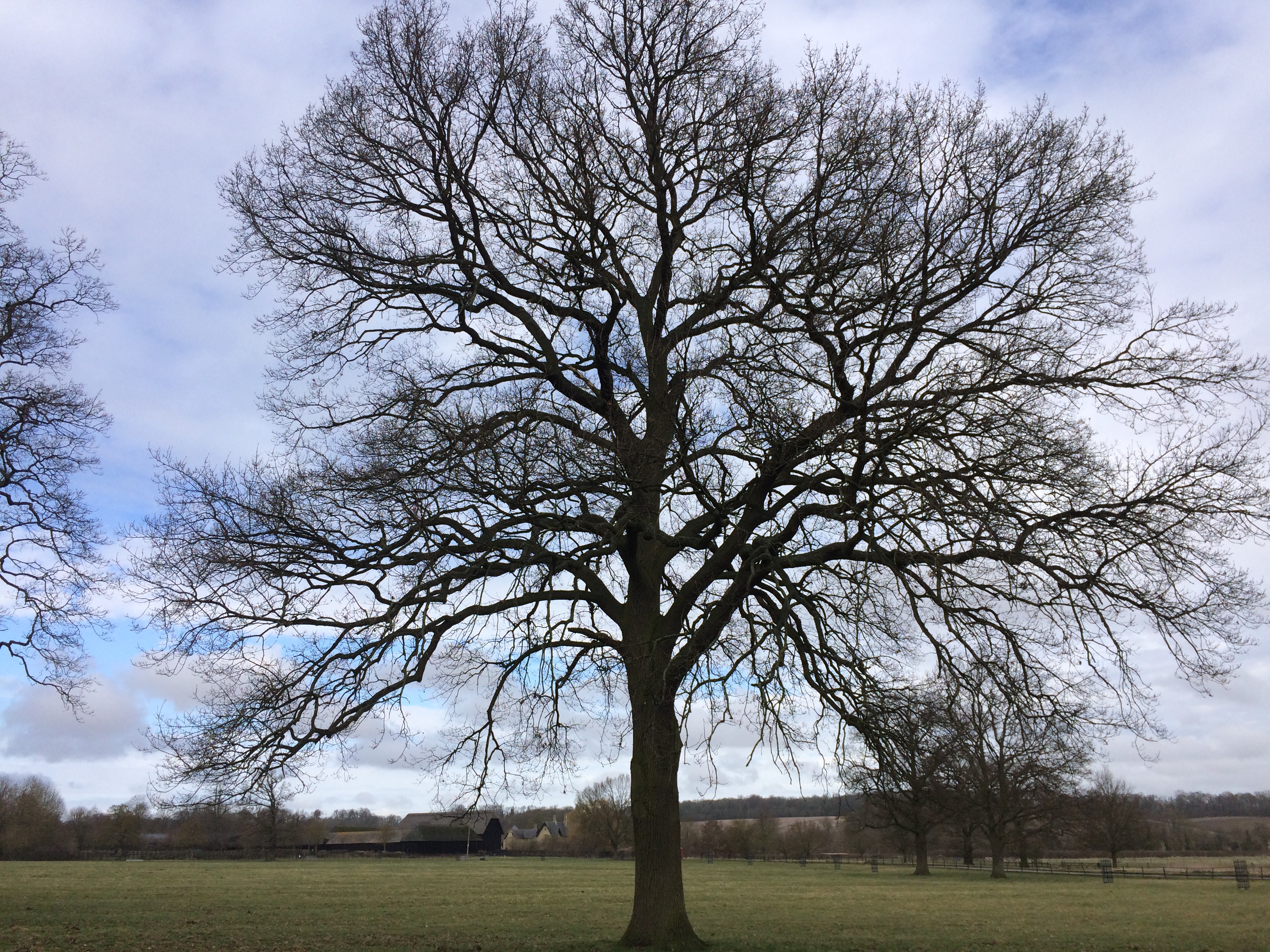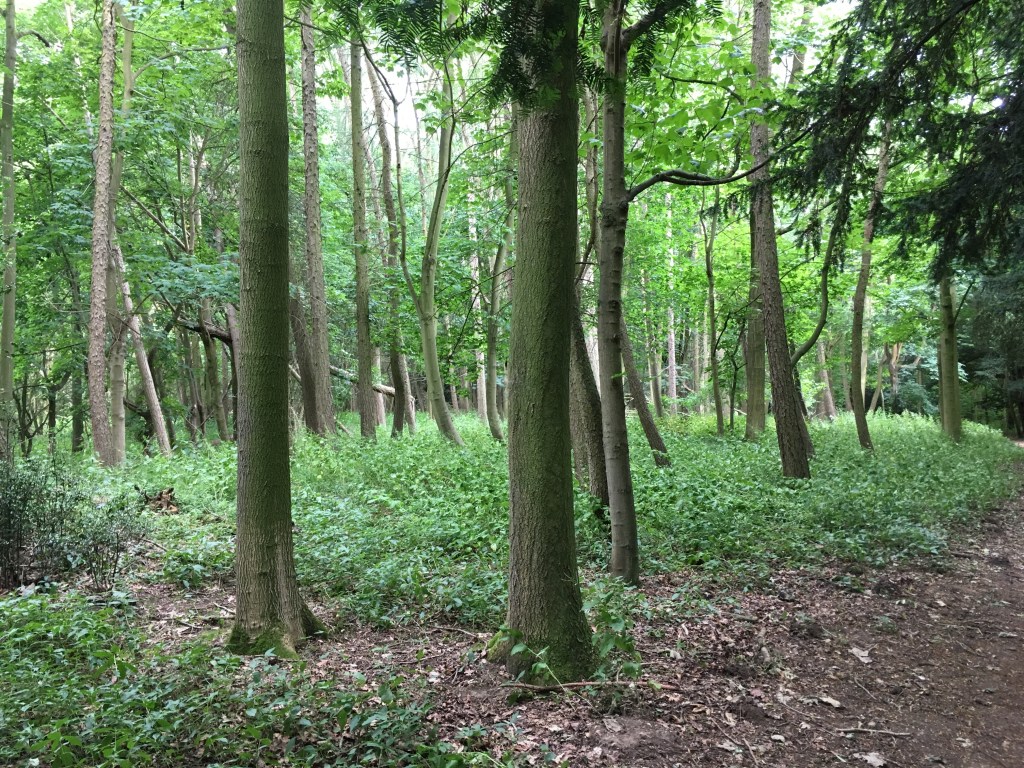
Welcome to my new website!
School of English Literature, Language and Linguistics, Newcastle University, NE1 7RU
michelle.sheehan1@newcastle.ac.uk
About me (MiShee54)
Since September 2021, I have been Professor of Linguistics at Newcastle University. Before that, I was Senior Lecturer (2015-2017), Reader (2017-2019) and then Professor of Linguistics at Anglia Ruskin University (ARU), in Cambridge, UK. I am interested in the structure of language (syntactic theory, hence the trees), how languages vary and how we can model this variation (typology, comparative syntax), how structure and meaning interact (syntax/semantics interface) and how linguistics fits into the discipline of modern languages (pedagogical linguistics). I have a particular interest in languages descended from Latin (Romance languages), especially Spanish and Portuguese varieties but I am interested in language in general and have worked on many different languages, often in collaboration with other scholars.
Earlier in my academic career, I took a degree in Modern Languages (Spanish and French) at the University of Oxford, an MA in Linguistics at the University of York and a PhD at Newcastle University and then worked as a post-doctoral researcher at the Universities of Newcastle, Durham and Cambridge.
I’m currently Principal Investigator on the Leverhulme Research Grant ‘How autonomous is syntax? A case study of Romance causation and perception’, working with Sonia Cyrino, Adam Ledgeway and Rob Truswell (as Co-Is), Giulia Mazzola and Clémentine Raffy (as Research Associates) and Liam Garside as a PhD student. I’m also Principal Investigator on the Linguistics in Modern Foreign Languages project and I co-organise the weekly Romance Linguistics Circle.
Current projects
Causative and perception verbs
I have just started work on a large collaborative Leverhulme Research Grant project entitled ‘How autonomous is syntax? A case study of Romance causation and perception’ (Cau-R-Pe). Watch this space for news and the link to our project website!
In a recent project, Sonia Cyrino and I looked at causative constructions (I made John cry) in Spanish and Portuguese varieties from a synchronic and diachronic perspective (funded by the British Academy). We are particularly interested in the passivisation restriction in causatives (*Sue was let/seen leave) and we have a paper coming out in Linguistic Inquiry on this!
With Anna Pineda (University of Barcelona), I’ve been investigating Catalan and Spanish causatives. Our focus has been how the presence of dative case in this context should be modelled theoretically and we have a recent paper about this in Syntax and a squib here.
With Anna Pineda and Jan Casalicchio, I have been working on causatives across Romance. Jan and I have a paper under review about this and the three of us are in the process of collecting data for a new project. Details to follow!
Heritage languages in the UK
I am currently Co-I on the British Academy/Leverhulme Small Research Grant ‘Towards safeguarding Chagossian Creole: Understanding how language attitudes and ideologies shape practice in exile and exodus’ (PI, Jonathan Kasstan). We are looking at how attitudes towards the language affect the transmission of syntactic variables across generations. We have a language sketch coming out soon in Language Documentation & Description (with P. Allen and P. Nellan).
I was recently PI on a British Academy/Leverhulme Small Research Grant (Co-I Ioanna Sitaridou, University of Cambridge) on ‘Argument expression in UK heritage Portuguese’. The project considers the use and acceptance of different kinds of subject and object pronouns in heritage Portuguese speakers based in London and and the East of England. A paper is in preparation…
I have also supervised two excellent PhD theses on this topic. Kate Lightfoot’s (2023) thesis ‘Competence, attitudes, and education: a study of heritage French in the UK‘ and Maksi Kozinska’s (soon to be submitted) ‘Heritage Polish in England – divergent attainment and the role of supplementary schools’. Together we have written a public policy paper on this topic for Languages, Society and Policy.
Pedagogical linguistics
Finally, with Alice Corr (Birmingham), Anna Havinga (Bristol) Jonathan Kasstan (Westminster) and Norma Schifano (Birmingham), I lead the Linguistics in Modern Foreign Languages (MFL) project, which aims to promote linguistics as a component of MFL in schools. We have received funding for this from the AHRC Open World Research Initiative initiative via Language Acts and World Making, PhilSoc and a Bristol University ESRC Impact Accelerator grant (to Anna Havinga). A position piece about a place for linguistics in UK A-levels was published jointly in Languages, Society and Policy and Impact: Journal of the Chartered College of Teaching. You can find the paper summarising our first study in Modern Languages Open and one summarising our second study in the British Educational Research Journal.
Other stuff
I am a named collaborator on the Deutsche Forschungsgemeinschaft (German Research Council) project ref: 503882358 Constraints on linearization in nominal modification (PI: Hedde Zeijstra, Göttingen, 2023-26) and the Agencia Estatal de Investigación (Spanish Research Council) projects ‘Syntactization of discourse: Information structural features in the sentence peripheries and their contrast in natural languages’ (INFOSTARS3; ref PID2022-137233NB-I00) (PI: Ángel Jiménez Fernández, Seville, 2023-26) and ‘Syntactic Variation in Romance’ (VarSinRom ref PID2023-150846NA-C33) (PI: Anna Pineda, Barcelona, 2024-2028).
Other things I am interested in and always thinking about are: subjecthood, (partial) control, word order, extraction restrictions, case and agreement, restructuring and micro-variation across Romance languages.
I’d be very happy to hear from you in you are interested in any of the above projects or if you are a student interested in studying something syntax-related at Newcastle University, UK, or a student/academic interested in visiting us. We have a beautiful campus in the centre of Newcastle, come and see!
